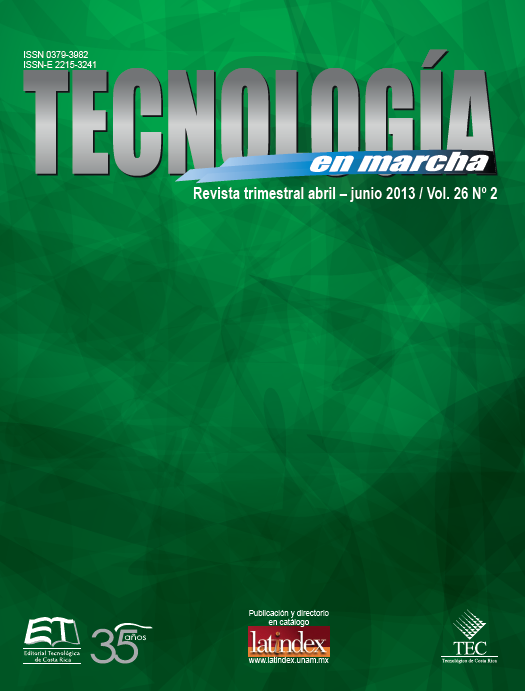A proposal for the sustainable management of natural sciences postgraduates in development: flexibility and application (Technical note)
Main Article Content
Abstract
In Latin America, reality shows the need to improve the quality of university education of teachers and researchers, both master’s and doctoral. The graduate “Doctorate in Natural Sciences for Development” (DOCINADE) shattered the traditional higher education systems and uses the information technology and communication; the distance mediated dialogue and an integrated bimodal system to provide the Latin American community with a choice of flexible curriculum, relevant, rational and linked to its environment. Several public universities in countries in the region are already working in this graduate, for example, Costa Rica, Mexico, Nicaragua and Cuba, with the support of other institutions of higher education in the United States, Canada and Spain, among others. The program offers four emphases: sustainable crop production systems, sustainable natural resource management, environmental management and culture and applied electronic technologies. The proposal includes recognition of academic expertise and continuity in the graduate program with research topics related to local, regional, or national priorities and directing efforts toward sustainability, cleaner production and environmental education.
The program has received financial support from the National Association of Universities and Institutions of Higher Education in Mexico and the Central American University Higher Council (CSUCA) during the 2001-2005 periods, the Ministry of Science and Technology (MICIT) in 2002-2011 and the National Council of Rectors (CONARE) in 2005-2013 (the latter two of Costa Rica). The graduate was designed by doctors of Latin American universities for students from the region. The objectives are to share this experience, results and find new allies and partners that will expand its coverage of action to achieve synergies and complementarities.
Article Details
Los autores conservan los derechos de autor y ceden a la revista el derecho de la primera publicación y pueda editarlo, reproducirlo, distribuirlo, exhibirlo y comunicarlo en el país y en el extranjero mediante medios impresos y electrónicos. Asimismo, asumen el compromiso sobre cualquier litigio o reclamación relacionada con derechos de propiedad intelectual, exonerando de responsabilidad a la Editorial Tecnológica de Costa Rica. Además, se establece que los autores pueden realizar otros acuerdos contractuales independientes y adicionales para la distribución no exclusiva de la versión del artículo publicado en esta revista (p. ej., incluirlo en un repositorio institucional o publicarlo en un libro) siempre que indiquen claramente que el trabajo se publicó por primera vez en esta revista.

